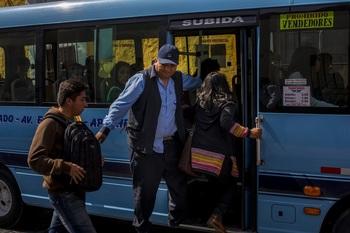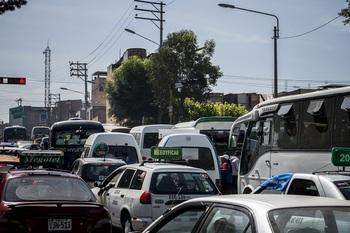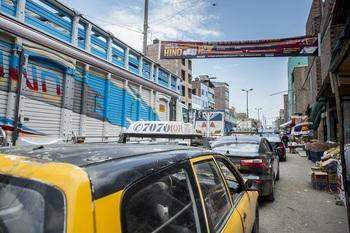Context
In Peru, ongoing urbanisation has led to the expansion of a number of cities into metropolitan areas. This applies not only to the capital Lima, which now has a population of around 10 million, but to other cities as well – so-called secondary cities – such as Trujillo, Piura and Arequipa. However, urban infrastructure development has failed to keep pace with this rapid growth. In particular, local public transport – in which there is competition between numerous private companies –faces a number of challenges, including slow travel flow, poor safety standards and high emissions.
Improving bus traffic flow, which is the main source of transport for people in the cities, and establishing an integrated and efficient local public transport system are key elements in reducing greenhouse gas (GHG) emissions and costs while improving quality of life in urban areas. In this context, the Peruvian Government has developed a series of measures to transform the urban transport sector. One of the prioritised areas of these efforts highlights the need to support local governments to improve their transport sector.
Objective
Mobility in secondary cities and conditions for the development of a more sustainable, low-carbon urban transport have improved.


